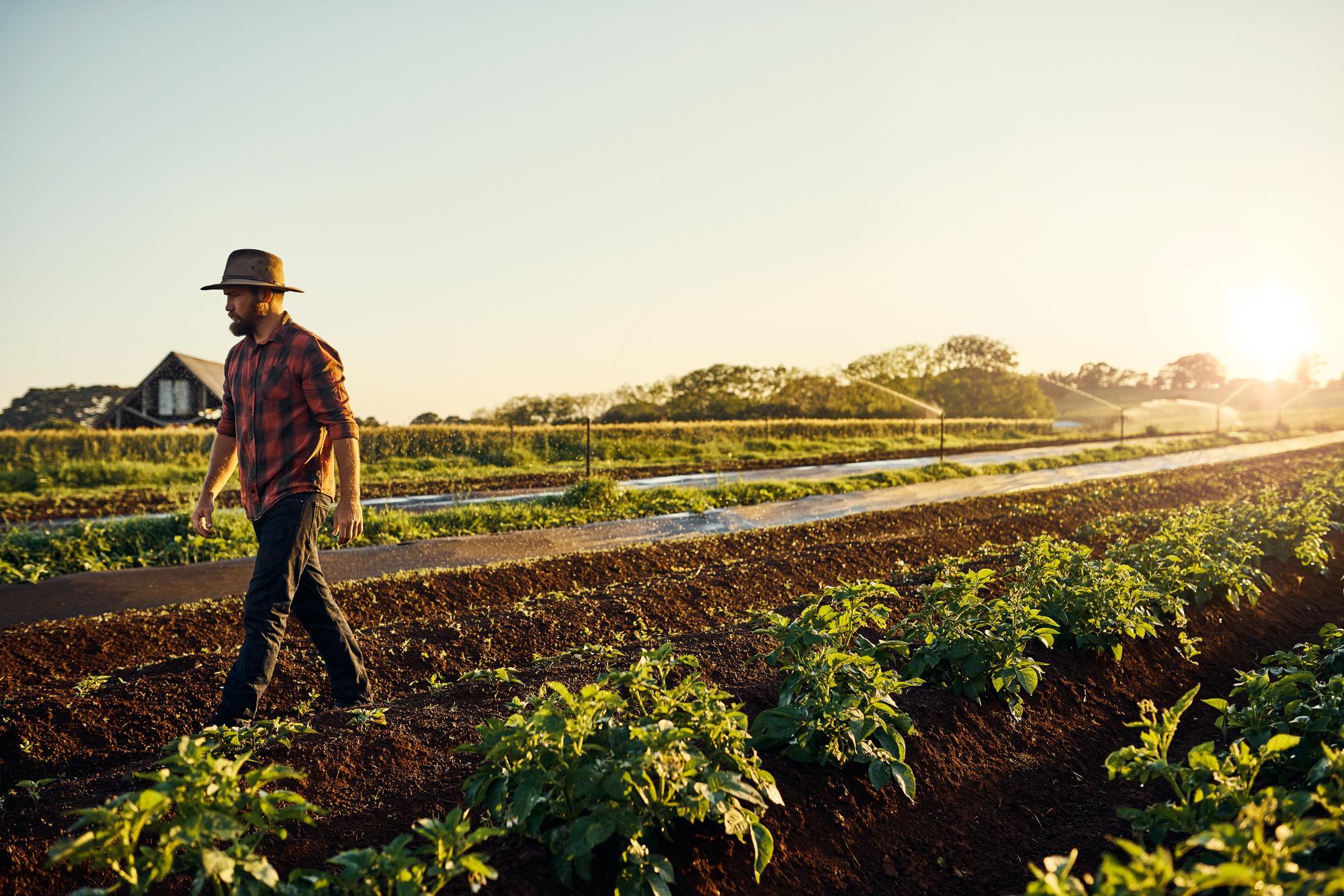
Certified Organic Foods Protect Biodiversity
Tags:
When you see the certified organic label, you know a product is free of chemical pesticides, fertilizers, and GMOs. But did you know that the certified organic label also protects biodiversity? It’s true! Biodiversity is an organic farmer’s best defense against pests and plant diseases, and certification programs require they use it.
Soil health is a pillar of the organic standards. By regularly feeding soil with compost and not spraying it with damaging chemicals that can kill microorganisms, the soil on a certified organic farm is one of the most biodiverse places on the planet. A thriving community of insect and microbial life in the soil provides countless benefits to the farmer. Healthy, living soil can protect plants from disease, release nutrients and minerals in a form that plants can better absorb, buffer the effects of drought, and even change the physical characteristics of the soil – something nearly impossible to do with machinery – making it easier for water and roots to move through it. By managing soils responsibly, organic farms also reduce erosion and protect local watersheds.
It’s hard to overstate the importance of genetic diversity in our food sources. Consider the Irish potato famine, a calamity that struck Ireland so hard because Irish farmers grew only one variety of potato. Lack of genetic diversity meant that when one potato field was infected with devastating blight, it easily spread throughout the entire country within a few years, destroying Ireland’s food supply and killing nearly a million people. Seeds may be small, but they are important.
Choosing organic means choosing products that promote genetic diversity, resource cycling, and ecological protection – all essential parts of healthy biodiversity.
What is Biodiversity?
Biodiversity refers to the orchestra of life on earth – the way organisms depend on one another in uncountable ways for food, habitat, protection, and much, much more. Like a mural that stretches far beyond your peripheral vision, biodiversity is an idea you can’t absorb all at once. Scientists have barely scratched the surface of its complexity. Yet the little we do know points to the fact that biodiversity is essential to bringing balance and order to the ecological systems we depend on. Scientist and environmentalist E.O. Wilson, a leading voice on the topic of biodiversity, likens it to the planet’s insurance policy. Its loss means greater risk of failure for all remaining species, humans included.Biodiversity and Certified Organic
Certified organic foods must follow a set of rules enforced by annual third-party inspections. Those rules, called organic standards, instruct farmers on what not to do by forbidding things like GMOs and chemical inputs. They also guide farmers toward a way of farming that purposefully benefits biodiversity. Here are a few biodiversity-friendly practices every organic farm must follow:Protect and Improve Soil Health
Maintain Diversity on the Farm
Diversity attracts diversity. Organic rules ban the practice of monocropping. By growing multiple species together in their fields, organic farmers decrease the possibility of damage by pests and disease (whose populations can explode when given acres and acres of their favorite food). This also encourages a greater diversity of creatures on their farm – from invertebrates like bees and other beneficial insects to frogs and snakes, birds and bats, and small mammals. Farmers benefit from the animals they attract to their farm in the form of increased pollination of their crops and fewer insect and rodent pests. The animals benefit by having enough habitat and food sources to maintain a healthy population.Use Organic Seeds
By requiring the use of organic seeds, organic certification inadvertently supports genetic diversity. This is because the organic seed industry is far more concerned than its conventional counterpart with producing open-pollinated seeds (a type of seed-breeding that allows for maximum genetic diversity). Organic seed companies favor qualities like disease resistance, drought tolerance, and nutritional content over looks and storage life.Would you like to be the first to hear about our new products and more?
Sign up for our Nature’s Path Newsletter.

